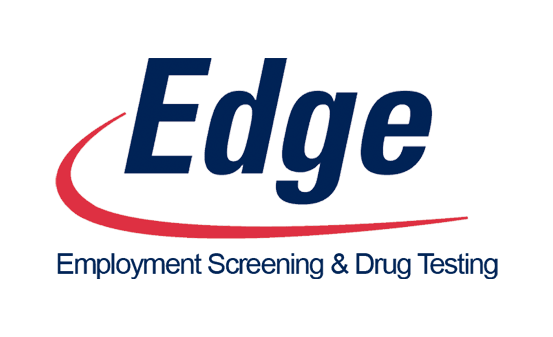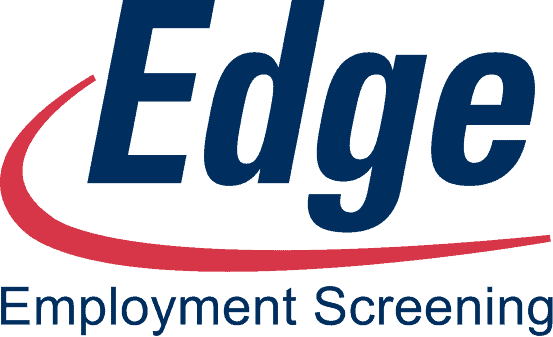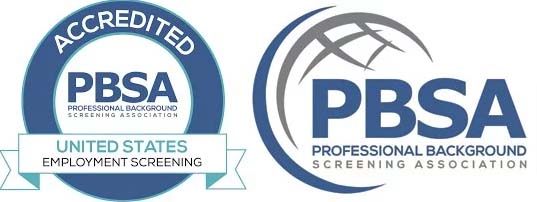Another year has gone by and like all previous years, there were changes in the industry that have impacted and will continue to impact background screening into 2025. The following will highlight changes, trends, advancements, and challenges that emerged this year and how they could change the background screening processes of next year. Let’s review some of the highlights involving the evolving compliance and legal environment; technology; workplace demands and key challenges throughout 2024.
- Ban-the-Box Laws: The goal is to promote fair hiring practices by removing questions about an applicant’s criminal history from job applications—preventing employers from disqualifying applicants solely based on their criminal records before evaluating their qualifications. We will see continued adoption and enforcement of these laws limiting when employers can inquire about criminal history during the application and hiring process.
- Los Angeles County, California: Stricter requirements on employers under the Fair Chance Ordinance. Detailed adverse action process with extended timelines for applicants to challenge or address discrepancies.
- New York City: The Fair Chance Act emphasizes restricting inquiries until a conditional offer is made with emphasis on individual assessments.
- Data Privacy of Applicants: The goal here is to protect the applicant’s personal information and ensure that it is collected, utilized, and stored responsibly. Growth in global and domestic data privacy laws affects how companies handle background checks.
- There is now a total of 19 data privacy laws in the U.S. Most have similar languages.
- California and New Jersey have stricter language.
- On Tuesday, December 3rd, the Consumer Financial Protection Bureau (CFPB) released a proposed rulemaking intended to ensure greater accountability and limit consumer/applicant data use and sale. How this will impact employment background screening is uncertain. Comments to the CFPB on the proposed rule are due March 3rd, 2025.
- Cannabis Legalization: More states have legalized recreational or medical marijuana, requiring employers to update policies on drug testing and hiring.
- New Marijuana laws took effect in multiple states. Legalization was updated, passed, and took effect in states like California, Washington, Nevada, Virginia, Colorado, and Oklahoma.
- Hawaii became the first state to legalize cannabis entirely through its legislature without voter input, reflecting a shift in the political approach to legalization.
- Artificial Intelligence: The use of AI in background checks grew, helping streamline identity verification and flagging discrepancies in candidate records. However, concerns about AI bias prompted scrutiny.
- The CFPB has been and will continue to increase its focus on AI compliance requirements within the hiring process.
- The Federal Trade Commission (FTC) has taken action against AI practices that potentially infringe on consumer rights.
- Both the CFPB and FTC state that AI-driven assessments fall under the definition of a “consumer report” if a third-party vendor is involved thus Fair Credit Report Act requirements apply.
- New York City has an Automated Employment Decisions Tool Law which requires employers to conduct annual bias audits to ensure fairness of their use of AI in hiring decisions.
- We can assume that other states and local governments are and will increasingly focus on regulating AI in employment.
As with last year, other areas in the industry where we have seen an increase of emphasis this year and in the future from government regulators’ limitation on access and use of employment credit reports; the steady increase in class action lawsuits as it relates to employment background screening; continuous screening as more companies adopt post-hire monitoring to identify risks of current employees; and focus on the ease of use portals and candidate experience.
As every year the background screening industry is still evolving and hitting challenges head-on.
Happy New Year to all!
Norm Gagnon, Dr K(no)w








